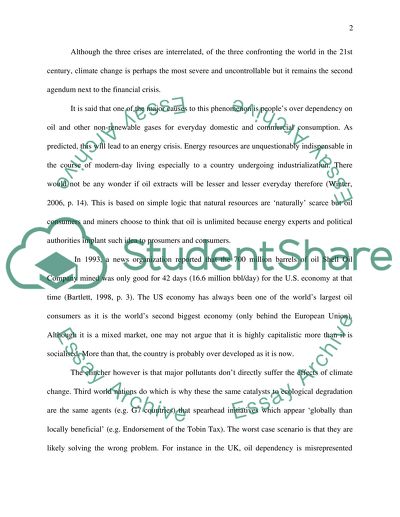Cite this document
(“Is green capitalism resistance to change Use a case study to explain Essay”, n.d.)
Retrieved from https://studentshare.org/environmental-studies/1405686-is-green-capitalism-resistance-to-change-use-a-case-study-to-explain-your-answer
Retrieved from https://studentshare.org/environmental-studies/1405686-is-green-capitalism-resistance-to-change-use-a-case-study-to-explain-your-answer
(Is Green Capitalism Resistance to Change Use a Case Study to Explain Essay)
https://studentshare.org/environmental-studies/1405686-is-green-capitalism-resistance-to-change-use-a-case-study-to-explain-your-answer.
https://studentshare.org/environmental-studies/1405686-is-green-capitalism-resistance-to-change-use-a-case-study-to-explain-your-answer.
“Is Green Capitalism Resistance to Change Use a Case Study to Explain Essay”, n.d. https://studentshare.org/environmental-studies/1405686-is-green-capitalism-resistance-to-change-use-a-case-study-to-explain-your-answer.


